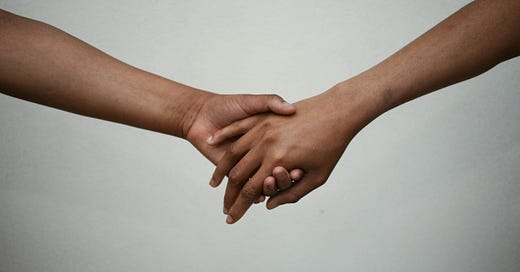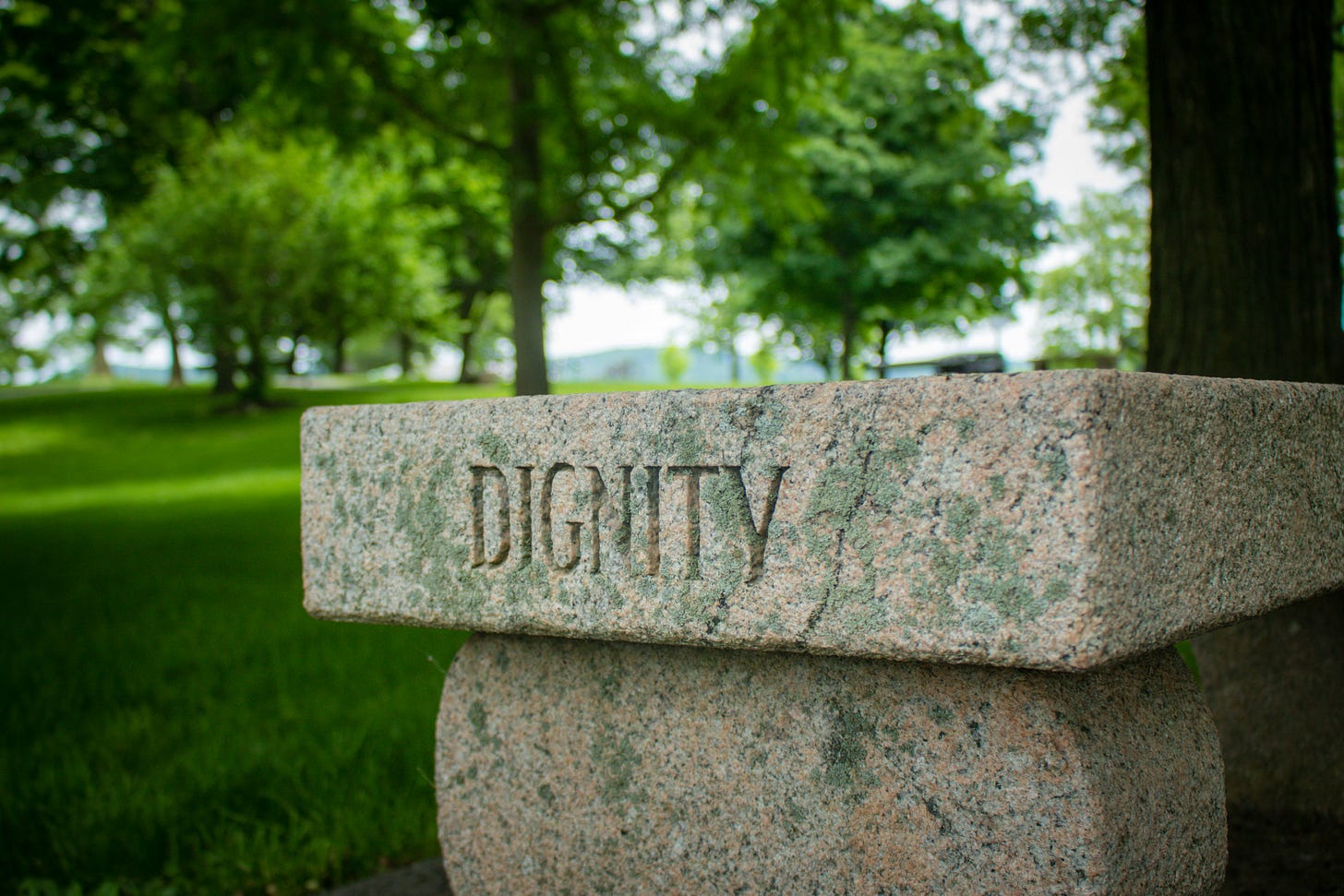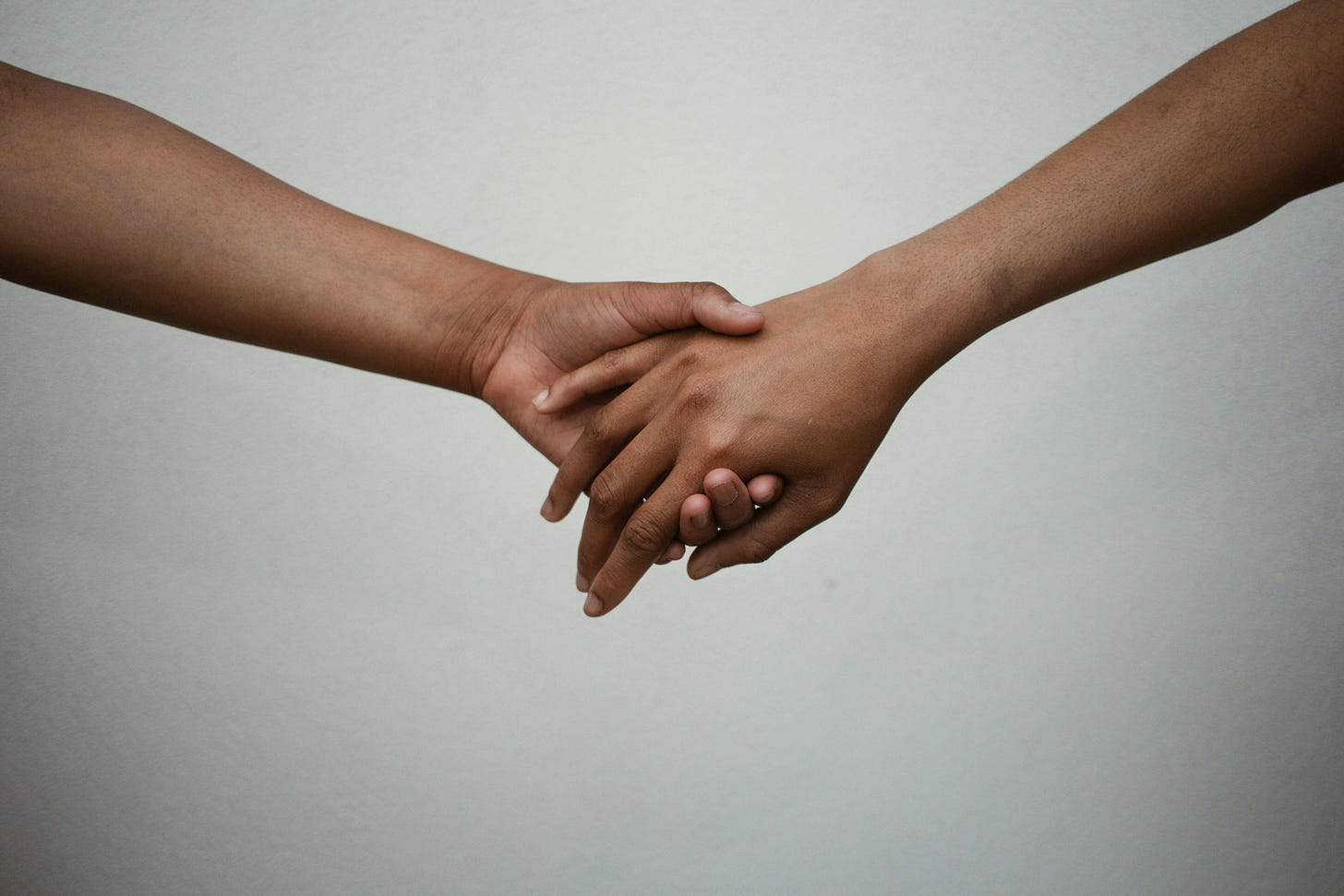“You don’t care about me at all,” she hissed over the phone. “You only care about yourself.” Hurtful words like those would cause a rift in many a friendship, especially if they weren’t true. But when they were hurled at me, it wasn’t a spat between friends. It was my own mother, accusing me of not caring enough to sit for hours with her in an emergency room.
When I was my mother’s caregiver, I often felt frantic and more than a little frustrated. Mom was pretty demanding, and for four years I catered to her every whim. There were a gazillion doctor appointments, a plethora of small disasters and the occasional I-can’t-believe-this-is-happening moments.
Although I resented her self-centered attitude and harping on me to buy her more rum or Bailey’s, I told myself it was a sacred duty. After her death in late 2023, I was amazed that I really had honored her at the end of her life.
During this Lenten season, the part of the decalogue that says, Honor your mother and your father both confounds and stirs me in a deep way. God didn’t add, “if they’re decent parents” or “if they didn’t mess you up for life.” Just simply, honor them.
But what does that mean?
For some of us, honoring our folks might be a no-brainer. Maybe they’re the most generous, loving people ever. Maybe they’ve been your rock all your days.
Or maybe you, like me, left home the minute you could swing it. Maybe you left behind a trail of neglect and abuse. Maybe you’ve needed to excommunicate Mom and Dad for your own safety and sanity. How does honoring them work then?
Maybe honor needs to be defined.
Jesus was always going on about loving our enemies, when it’s clear that loving our friends is hard enough. I always cringe when I hear the stuff about how even heathens love and defend their friends, when half the time I can barely stand some who are supposed to be closest to me.
I have friends whose parents violated them in terrible and traumatic ways. A woman whose step-father was literally a Peeping Tom. Another whose stepparent raped her sister and threatened her if she told a soul. A girl who died after being starved and tortured by her own parents. I’d never suggest that they put on a smiley face and wait on them in their infirm years.
Even if the things you lived through weren’t as horrendous—maybe you only suffered psychological and emotional abuse—it’s hard to square such cruelty with the command to honor them. So what should we do?
If you can’t get closer to your relative than ten-feet or ten-thousand feet because it’s not safe for you, stand your ground. You might have to love from afar and you might need to work on healing your trauma for a long, long time.
The only way I could honor my mom without thinking terrible thoughts or being mean back, was to transform her face into that of Jesus. Whenever I felt like throttling her, the old WWJD bracelets popped up in my mind. For every long day consumed by her doctor appointments or shopping trips, I imagined how I’d feel if I was in her position—with no transportation and not a lot of extra money to fund her whims.
On so many days, I bit my tongue to keep from being snarky. I smiled at her when she ranted. I wisely stayed away during Happy Hour, knowing the rum would bring out her meanness.
But I also made sure I brought little gifts or acted thrilled when she unloaded knick-knacks from the senior facility’s boutique. I learned what things gave her micro-happys: singing an old favorite song, like “Over the Rainbow.” Identifying birds outside her window. Even holding her hand or gently brushing her cheek might lift her mood just a bit.
When I started doing those things, I felt put-upon. I’d ask myself why I’d want to do nice things for someone who could turn on you without warning. And believe me, when the rum or the Bailey’s kicked in, mean was the default.
Yet the more I did things to a Jesus I couldn’t see, the less I felt used. I folded her laundry with a prayer of blessing on my lips. I looked out for little extras at the grocery store, just to see her surprised look. I changed sheets, brought fresh flowers, complimented her still life paintings. We worked on crossword puzzles until she couldn’t.
By the time my mother passed away, I saw Jesus every time I looked at her. Honoring her was much easier as I viewed her through a lens of love. Honor’s not about whether or not a person is deserving. Honor can be as close as a gentle touch or as sensible as keeping yourself out of danger.
Although Mom could be cranky, I made it to that ER and held her hand. She only lasted a few more days until we sang her over the rainbow one last time.
Some of us will never be able to demonstrate honor by becoming a caregiver. But we can each practice seeing others as God sees them, as beloved children. Who knows, that difficult family member you care for might start to look a lot like Jesus. Maybe that’s the way God wants us to honor our mothers, our fathers, our world.












thank you for being our teacher Linda your willingness to be so transparent has touched my life profoundly
What a beautiful post. It reminds to always look at one another as Jesus would. Thank you.